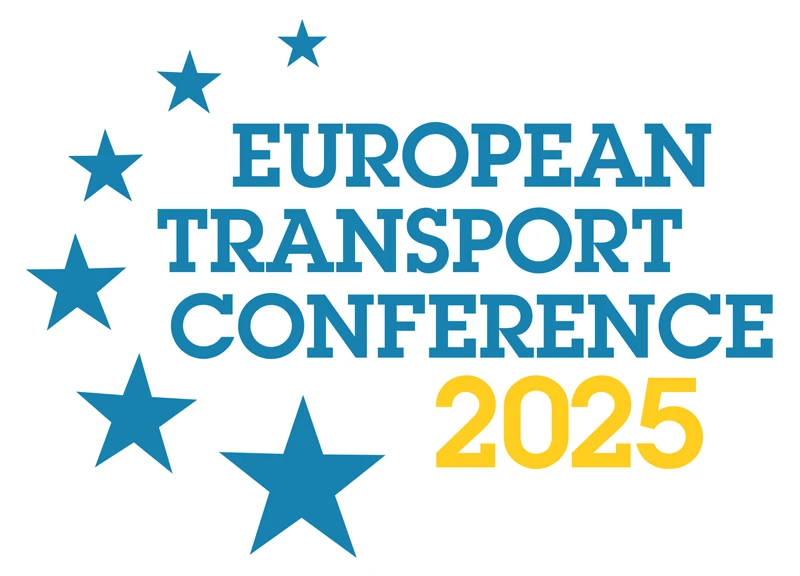-
Past ETC Papers

Browse, search and view papers from the past AET Conferences.
-
Members' Area

AET promotes networking and exchange of ideas, information and opportunities amongst members.
Conference Papers 2020
Online
ETC Conference Papers 2020
Decision support tool for urban traffic planning using automated simulations and active learning
Seminar
Day 2 (10 Sep 2020), Session 4, Traffic Management, 10:00 - 12:00
Status
Accepted, documents submitted
Submitted by / Abstract owner
Tristan Langer
Authors
Tristan Langer (Chair of Technologies and Management of Digital Transformation, University of Wuppertal)
Thomas Otte (Chair of Information Management in Mechanical Engineering, RWTH Aachen University)
Alexander Nasuta (Chair of Information Management in Mechanical Engineering, RWTH Aachen University)
Tobias Meisen (Chair of Technologies and Management of Digital Transformation, University of Wuppertal)
Short abstract
Aiming at the optimization of urban traffic flow, we present a decision support tool for urban traffic planners. The system utilises a rating system to learn local peculiarities from traffic planners to improve the relevance of future proposals.
Abstract
Urban areas are characterized by a dense population and, as a result, high traffic demand. This often has negative side effects on the transportation system such as congestion or subsequent emissions (e.g., noise, pollutants). In order to achieve a sustainable improvement of the traffic flow and the related side effects, effective policies are required. However, enacting such policies in a sensible manner becomes an increasingly complex task due to the diverse interest situation of actors and stakeholders in the urban environment. Thus, traffic planners develop a profound knowledge about these interests and further local peculiarities. Combining the skills of urban traffic planners to assess complex local situations with the capabilities of software systems to automatically generate and simulate traffic scenarios in one integrated system will be beneficial for future decision making.
In this paper, we present the design of a supportive system for traffic planning decision-making processes (e.g., the implementation of traffic regulations). The system automatically generates traffic planning scenarios and uses the simulation framework MATSim to simulate traffic behaviour as well as the resulting traffic flow. Given an automated initial assessment of the scenario by the system, we implement an active learning module to learn local peculiarities from traffic planners in order to achieve a continuous improvement of suggested traffic policies.
We describe and implement a novel extensible system design that allows traffic planners to define new traffic policy scenarios in a graphical user interface. Subsequently, the system generates a street network graph and daily plans for the traffic participants based on Open Street Map data and additional parameters provided by the traffic planner. The system will then start to iteratively generate suitable candidates from available traffic policies and allow the traffic planer to assess the resulting new traffic situation. Our initial set of traffic policies includes speed limits, additional or fewer number of lanes and restriction of transport mode (e.g. allow only public transport). As a fundament for the assessment of the situation, the planner is presented the original and the resulting traffic flow as well as a calculated pollution heat map and statistical traffic data resulting from the simulation (i.e. transport type distribution, travel times, etc.). In order for the system to learn from traffic planners, we implement a committee-based active learning approach. The system asks for ratings of provided proposals in order of presumed information gain, where the information content of a proposal is determined by multiple neural networks. This allows a continuous automatic re-evaluation and improvement of the proposed traffic policies. Our system is built on a modular architecture that enables the addition of further simulation parameters, assessment metrics and traffic policies in the future.
We present a working prototype of the suggested system design and evaluate the current performance based on a demonstration traffic scenario for the City of Aachen. We evaluate the simulation capabilities of the system by comparing simulated values to actual traffic data, as well as the recommendation accuracy of proposed traffic policies. Finally, we discuss implications as well as limits of our approach and future research for the presented system.
Programme committee
Data
Topic
The future of transport
Documents:

Association For
European Transport
Forester House
Doctors Lane
Henley-in-Arden
Warwickshire, UK
B95 5AW
+44 (0) 15 64 793552
VAT number: 710 1866 64
Conference Supporters & Endorsers




Legal Entity
The Association for European Transport is registered as an Association ('vereniging') with the Chamber of Commerce for Haaglanden in The Netherlands under company number 27170096.
Built on Zenario




